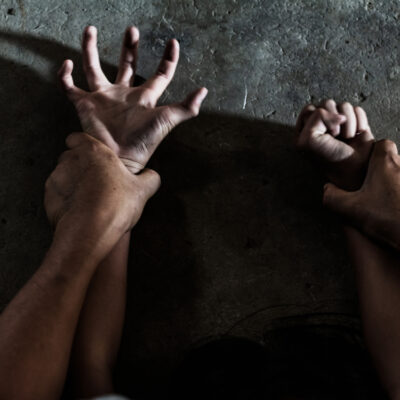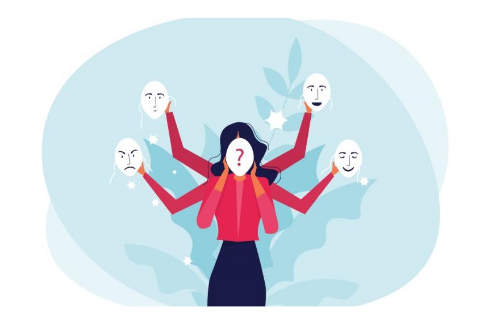By John Bong & Mak Iyan Han (BAC Apprentices)
What is sexual assault?
Sexual assault has been an unforgivable and abhorrent crime since time immemorial. In 2013, the World Health Organization (WHO), in its work, attributed a definition to sexual assault i.e., the use of physical or other force to obtain or attempt sexual penetration. Despite our global efforts to condemn such crime, it continues to be a notorious issue. In fact, a study, conducted under the auspices of the Rape, Abuse & Incest National Network (RAINN), the largest non-profit anti-sexual assault organisation in the United States, discovered that in every 68 seconds, an American is sexually assaulted.

According to RAINN, sexual assault includes:
- Attempted rape
- Fondling or unwanted sexual touching
- Forcing the victim to perform sexual acts, such as oral sex; and
- Penetration of the victim’s body (rape)
Correlation between sexual assault and poor mental health
Often, the aftermaths of sexual assault extend beyond physical scars and may contribute to long lasting health consequences. Research has shown that there is a significant association between sexual assault and poor mental health. In addition, it suggests that most of the people who are seeking mental-health services have been sexually assaulted. For instance, research conducted in the UK has uncovered that almost half of the female patients in contact with secondary mental health services had experienced rape or attempted rape as adults. This alarming find is further buttressed by the latest survey conducted by the National Crime Squad of England and Wales, which found that approximately 60% of sexually assaulted victims reported experiencing mental problems.

Impact on Mental Health
Sexually assaulted victims often suffer from negative feelings such as shame, terror and guilt. Despite the fact that these relatively common psychological effects may be healed as time goes by, there are various severe effects. In certain circumstances, the victims may have a feeling that their bodies do not belong to them.
Such traumatic event haunts them and this, in turn, contributes to their poor mental health conditions. The severe psychological effects include, but are not limited to:
- Depression and suicidal thoughts or action
- Substance use disorders
- Posttraumatic stress disorder (PTSD)
- Social isolation or withdrawal
These severe mental illnesses would definitely require professional mental health treatment to avoid a downward spiral. In addition, sexual assault may further incur adverse financial costs for the victims, namely, increased medical or mental health expenses.

Other factors contributing to victims’ mental conditions
Studies have found that the psychological effects tend to be more severe if the perpetrator is known to the victim. The associated consequences are found to be worse when the victims are closely related to the perpetrators. For instance, children who are sexually abused by their family members would experience more mental health issues compared to those who are sexually abused by strangers or acquaintances.
Furthermore, the living environment in which the victims reside plays a pivotal role because a healthy living environment contributes greatly to good health and wellbeing. Therefore, having good family support is crucial to lessen the repercussions of sexual assault in teenagers and adults.
There is a wide range of factors that determines the ultimate psychological outcome of sexually assaulted victims. However, parents or guardians tend to have more influence over the outcome. In fact, studies have safely concluded that living with and having supportive parents or guardians could notably diminish the risk of young survivors from developing depression.
In essence, parents or guardians are vested to act as a portrayal in educating and managing the younger generation. Everyone has the burden to act as such portrayal and it is not merely limited to the guardians in children’s homes. Professionals and non-government organisations should extend a helping hand by assisting the younger people to overcome their mental health distress. More attention would be required to those who reside in orphanages as they are more susceptible to be suppressed; often their psychological issues are being disregarded and left unattended.
If you need a shoulder to lean on, please do not hesitate to contact ReachOut. You are not fighting alone. We are here for you!



